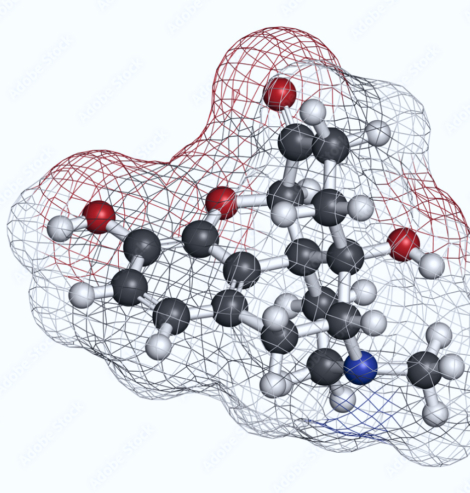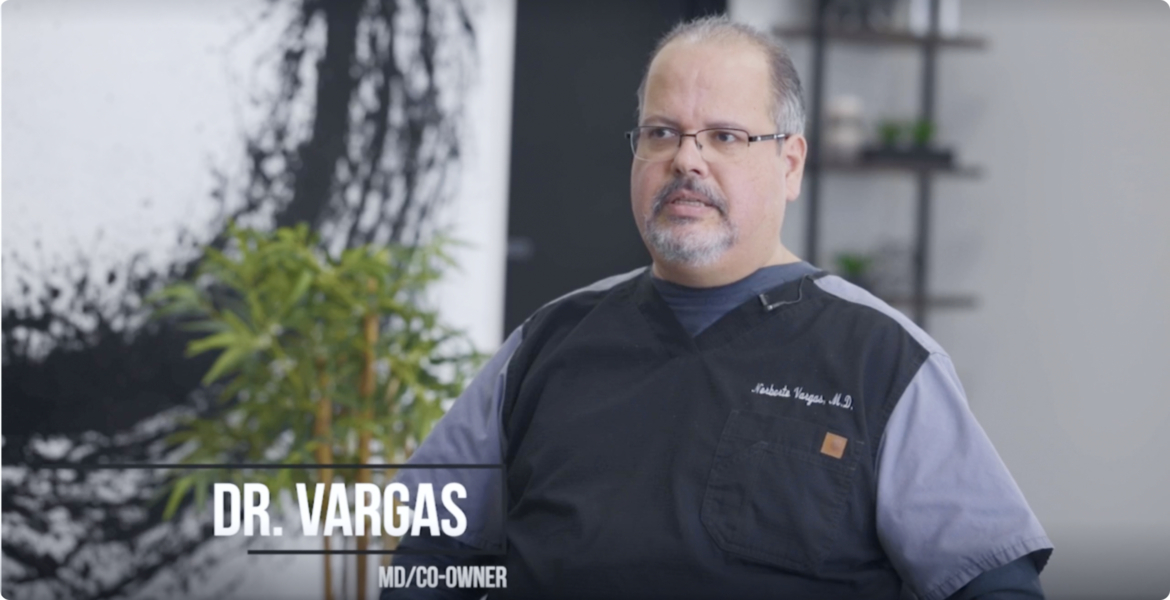Signs & Symptoms Indicating Opioid Use Disorder
Opioid Use Disorder is complex and needs to be identified early on for prevention and cure. It’s important to check signs & symptoms early to start effective treatments and prevent any harmful effects on physical and mental well-being. You can see some physical, psychological, and behavioral symptoms that indicate opioid use disorder. Let’s see some signs & symptoms of Opioid Use Disorder:
Physical Signs
- Might have slow and shallow breathing.
- Impaired coordination and slurred speech at regular intervals.
- Losing consciousness or nodding off anytime during the day.
- Pupils get constricted or pinpointed.
- Might have constipation and gastrointestinal problems.
- When going without substance, the withdrawal symptoms like excessive sweating, muscle aches, or flu-like symptoms.
Psychological Signs
- Will have a strong urge or craving for Opioids.
- Facing anxiety and depression.
- Mood swings and irritation.
- Confusion and impaired judgment
- Facing a lack of motivation
Behavioral Signs
- Regularly neglecting responsibilities at work, home, or any educational institution.
- Maintaining secret and suspicious behavior.
- Going to doctors repeatedly and seeking early refills of Opioids.
- Financial issues due to the use of Opioids.
- Lack of motivation, inability to control the
use of Opioids despite knowing negative consequences like legal problems, difficulty at work, home, and constant arguments with loved ones. - Isolating from their people like family & friends.
Opioid Addiction FAQ
Outpatient treatment options are designed to be flexible and cater to individuals with various needs and schedules. The outpatient program recommended will depend on the severity of the addiction, the individual’s support system and other factors. For some individuals, a combination of outpatient services, medication and community support can contribute to successful recovery from opioid addiction. At Paragon Health Partners, we offer a combination of medication assisted treatment and motivational interview services, in addition to referral for a higher level of care when needed.
Yes, Dr. Vargas is Board Certified by the American Board of Addiction Medicine and our addiction specialist team has received extensive training with the American Society of Addiction Medicine and years of experience supporting patients with addiction.
During a first addiction medical visit, the healthcare provider will gather information to understand the individual’s addiction history, medical condition, treatment needs and may perform a urine screening.
The success rate of Medication-Assisted Treatment (MAT) for substance use disorders can vary depending on various factors, including the type of substance being treated, the individual’s commitment to treatment, the presence of co-occurring disorders, and the level of support received during the recovery process. Studies have shown that MAT can significantly improve outcomes for individuals with opioid use disorder (OUD). According to the Substance Abuse and Mental Health Services Administration (SAMHSA), MAT has been found to reduce opioid use, increase retention in treatment programs, decrease the risk of relapse, and improve overall functioning and quality of life.
There are several options available to patients, including support groups, telemed talk therapy, counseling, church groups, AA and more. Our provider will refer and assist with identifying what’s best for each patient.
Long-term recovery can be supported by counseling or therapy sessions; support groups, like Narcotics Anonymous (NA); medications like Vivitrol, Suboxone, or methadone; a healthy lifestyle with regular exercise, a balanced diet, sufficient sleep; building a support network; education about addiction and self-care.
Yes.
Yes.
Treating Opioid Dependence with Medication-Assisted Treatment
In 2002, the FDA approved the use of the unique opioid buprenorphine (Subutex, Suboxone) for the treatment of opioid addiction in the U.S. Buprenorphine has numerous advantages over methadone and naltrexone. As a medication-assisted treatment, it suppresses withdrawal symptoms and cravings for opioids, does not cause euphoria in the opioid-dependent patient, and it blocks the effects of the other (problem) opioids for at least 24 hours.
Request an Appointment
What is Suboxone?
There are two medications combined in each dose of Suboxone. The most important ingredient is buprenorphine, which is classified as a ‘partial opioid agonist,’ and the second is naloxone which is an ‘opioid antagonist’ or an opioid blocker.

What is a ‘Partial Opioid Agonist’?
A partial opioid agonist such as buprenorphine is an opioid that produces less of an effect than a full opioid when it attaches to an opioid receptor in the brain. Oxycodone, hydrocodone, morphine, heroin, and Methadone are examples of full opioid agonists.
People who are opioid dependent do not get a euphoric effect or feel high when they take buprenorphine properly. Buprenorphine tricks the brain into thinking that a full opioid like oxycodone or heroin is in the lock, and this suppresses the withdrawal symptoms and cravings associated with that problem opioid.
Buprenorphine is a long-acting form of medicated-assisted treatment, meaning that it gets stuck in the brain’s opiate receptors for about 24 hours. When buprenorphine is stuck in the receptor, the problem full opioids can’t get in. This gives the person with opioid addiction a 24-hour reprieve each time a dose of Suboxone is taken. If a full opioid is taken within 24 hours of Suboxone, then the patient will quickly discover that the full opioid is not working – they will not get high and will not get pain relief (if pain was the reason it was taken). This 24-hour reprieve gives the patient time to reconsider the wisdom of relapsing with a problem opioid while undergoing medication-assisted treatment.

Contact Us to schedule an appointment for a Suboxone evaluation
or give us a call
972-203-3600


